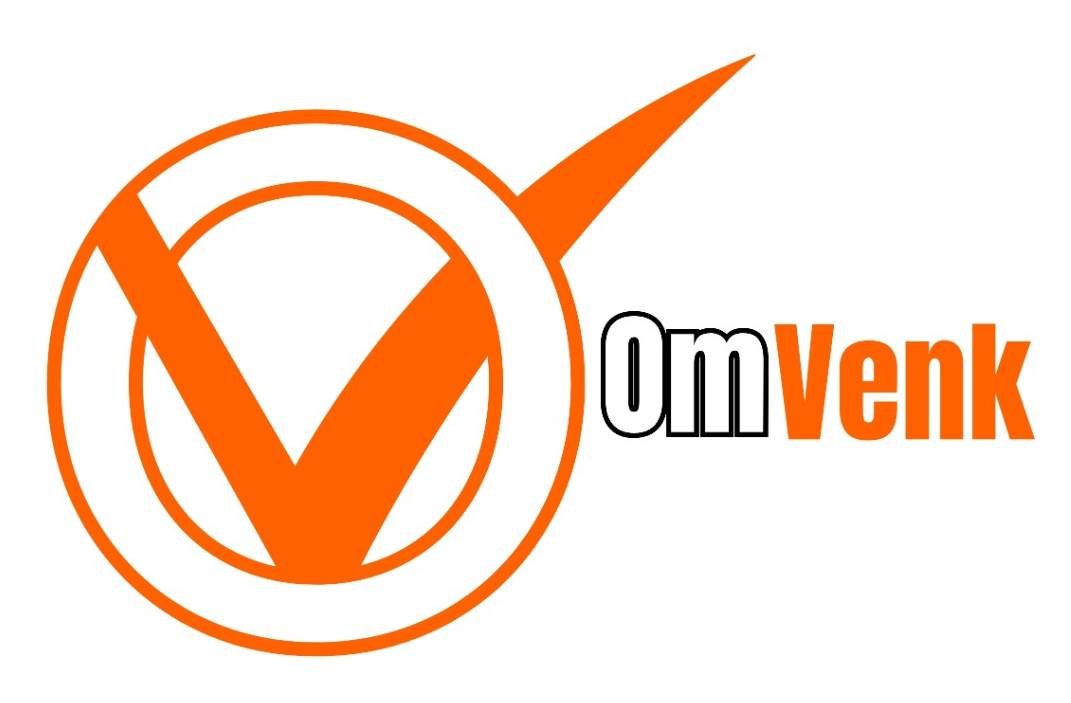The job market in 2025 is evolving faster than ever. As technology continues to reshape industries, the expectations from job seekers have shifted. Traditional degrees and academic qualifications are no longer the only things that matter. Today’s recruiters are focused on practical skills, adaptability, and real-world experience.
Whether you’re a fresher entering the job market or a professional planning a career switch, understanding what recruiters want can significantly improve your chances of getting hired. In this blog, we highlight the top hiring trends in 2025 and the qualities recruiters are actively seeking in candidates.
1. Skills Are More Important Than Degrees
In the current job landscape, having the right skills often outweighs having a degree. While academic backgrounds are still considered, recruiters are primarily interested in whether a candidate can perform the job from day one.
What recruiters look for:
- Technical skills relevant to the role
- Certifications or practical training
- Problem-solving ability
Candidates who have completed job-oriented training programs, such as Pay After Placement models, are often viewed as more job-ready.
2. Practical Experience Through Projects
Recruiters want proof that candidates can apply their knowledge in real-world situations. A portfolio of projects, case studies, or freelance work can demonstrate this better than a traditional resume.
Preferred by recruiters:
- GitHub repositories (for tech roles)
- Strong communication skills to explain technical or functional decisions clearly.
- Ability to speak confidently about your role, challenges, and solutions in interviews.
- HR documentation, recruitment workflows, or mock interview data.
Even freshers are expected to show some level of initiative through self-started projects or internships.
3. Emphasis on Soft Skills
Beyond technical ability, employers value candidates who possess strong soft skills. These determine how well someone can collaborate, communicate, and handle workplace challenges.
In-demand soft skills:
- Effective communication
- Adaptability
- Critical thinking
- Team collaboration
- Time management
Interviewers often assess these skills through behavioral and situational questions.
4. Awareness of AI and Digital Tools
In 2025, familiarity with AI and digital productivity tools has become a standard requirement. Even non-technical roles now involve the use of automation tools, AI content generators, and data dashboards.
Preferred skills:
- Knowledge of tools like ChatGPT, Notion AI, Trello, and Slack
- Understanding of basic automation workflows (e.g., Zapier)
- Comfort with digital collaboration platforms
Candidates who show digital literacy have a higher chance of getting shortlisted.
5. Hybrid Work Adaptability
As more organizations adopt a hybrid work model, recruiters are looking for candidates who can work effectively in both remote and in-office environments.
Key qualities recruiters seek:
- Self-motivation
- Strong communication in virtual settings
- Accountability and task ownership
- Proficiency in remote tools like Zoom, Google Meet, Microsoft Teams
Being flexible and independent is crucial in hybrid setups.
6. Job-Oriented Courses and Bootcamps
Short-term, intensive training programs have gained credibility among recruiters. Candidates who undergo job-focused bootcamps are often preferred for their hands-on experience and focused learning paths.
Recruiters trust candidates who:
- Complete certified, skill-specific programs
- Have undergone mock interviews and industry exposure
- Show evidence of mentorship or guided training
Pay After Placement programs are especially valued because they produce candidates who are confident, capable, and well-prepared.
7. Basic Data Literacy is a Must
Today, almost every department works with data. Even in non-technical roles, employees are expected to understand basic data interpretation, reporting, and analytics.
Skills recruiters look for:
- Proficiency in Excel or Google Sheets
- Understanding of data visualization tools (e.g., Google Data Studio, Power BI)
- Ability to make data-driven decisions
Developing foundational data skills can give candidates an edge in any field.
8. Attitude Over Experience
Employers understand that not every fresher comes with experience. What sets candidates apart is their attitude toward learning and adaptability.
What matters most:
- Willingness to learn new skills
- Openness to feedback
- Professional behavior and punctuality
- Taking initiative
Companies are increasingly hiring for potential and training for skill.
9. Continuous Learning and Certifications
Recruiters are more likely to hire candidates who show a habit of learning. Continuous upskilling indicates that a candidate is proactive and serious about career growth.
Preferred learning activities:
- Online certifications in tools or platforms relevant to the job
- Short-term nano courses on platforms like Coursera, Udemy, or OmVenk
- Consistent progress in personal development
Keeping your resume updated with recent learning can show recruiters that you are invested in your future.
10. Preference for Outcome-Based Learning Backgrounds
Recruiters are beginning to favor candidates from institutions that offer outcome-based models such as Pay After Placement. These candidates typically:
- Have been tested in real-world job simulations.
- Have worked under deadlines and in guided environments
- Are trained not only in skills but also in soft skills and placement preparation
Such models ensure that students are prepared for interviews, workplace culture, and job responsibilities.
Conclusion
The hiring trends of 2025 are clear: companies want adaptable, skilled, and forward-thinking professionals. Degrees alone are no longer enough. What matters most is how well-prepared a candidate is to contribute to the company from day one.
To meet these expectations, freshers and professionals must:
- Focus on real-world skills
- Create a strong portfolio
- Build both technical and soft skills
- Engage in continuous learning
- Choose trusted, placement-focused training programs
At OmVenk, we help candidates become job-ready through our Pay After Placement support model. We connect skilled individuals with real opportunities, focusing on job-matching, resume building, mock interviews, and placement guidance—ensuring you’re fully prepared to meet recruiter expectations with confidence.
Start your career with confidence. Learn now, pay later.
Contact OmVenk today to know more about our placement-oriented training programs.

